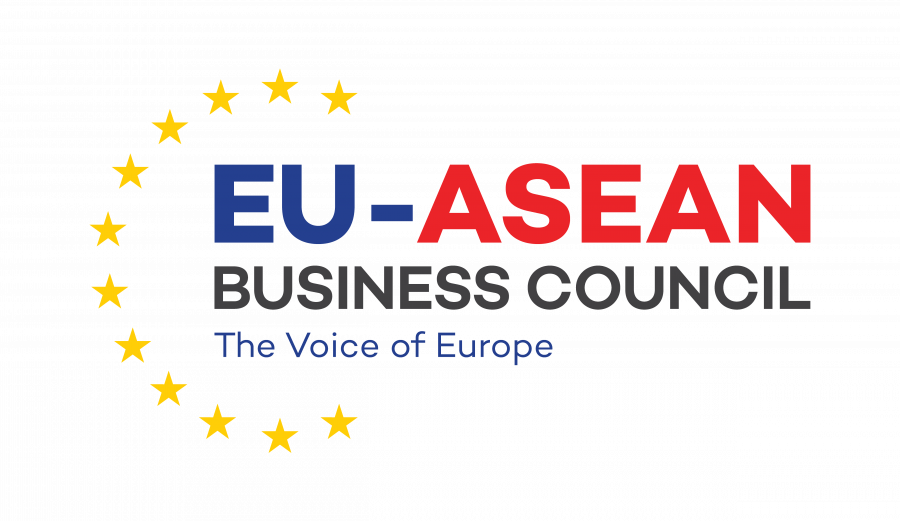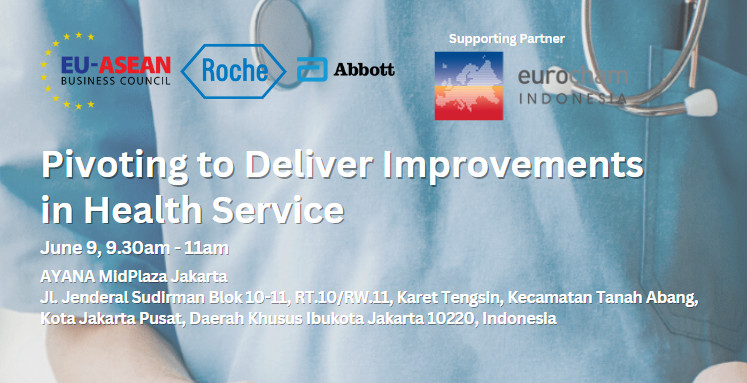Indonesia faces multiple public health burdens, from battling the existence of new emerging and re-emerging infectious diseases such as COVID-19, accelerating Indonesia’s pandemic resilience, tackling the rising incidence and cost of non-communicable diseases, to addressing fundamental public health concerns such as malnutrition, stunting and obesity.
To address the multitude of challenges, the Minister of Health for Indonesia, H.E. Budi Gunadi Sadikin, stated that the priority of the Ministry has shifted from the COVID-19 pandemic handling to improving the quality of public health services for its citizens. More than half of the government’s healthcare budget for 2023 will be set aside for health transformation, including improving primary healthcare, infrastructure and technology. This not only means building a healthcare system that is future-oriented, but also ensuring that healthcare facilities will be equipped to address current pressing unmet needs and battle existing public health concerns.
In 2022, Indonesia’s in-vitro diagnostics (IVD) market size was estimated to be US$355 million and is set to grow during the period of 2023 to 2026. Together with the expansion of the country’s universal healthcare system – Jaminan Kesehatan National (JKN) which is expected to cover more Indonesians and increase access to diagnostic tests, incorporating screening and diagnostics as part of national health strategies will become increasingly critical in realising patient, efficiency, and financial gains for healthcare systems. This will also be vital to battle key diseases like heart failure (HF), which accounts for a third of all deaths in Indonesia and HIV, which is seeing a rise in prevalence among heterosexuals. The reprioritisation towards preventative care will no doubt mean resources earmarked to combat deadly diseases – both non-communicable and communicable alike – may be divested.
As Indonesia pivots from fighting COVID-19 to endemic recovery, it is timely to think about how aligning and strengthening current priorities on health at a policy level with the industry can benefit the Republic to “Recover Together, Recover Stronger” and alleviate the multiple public health threats and build a Healthier Indonesia for Indonesians better and sooner.

